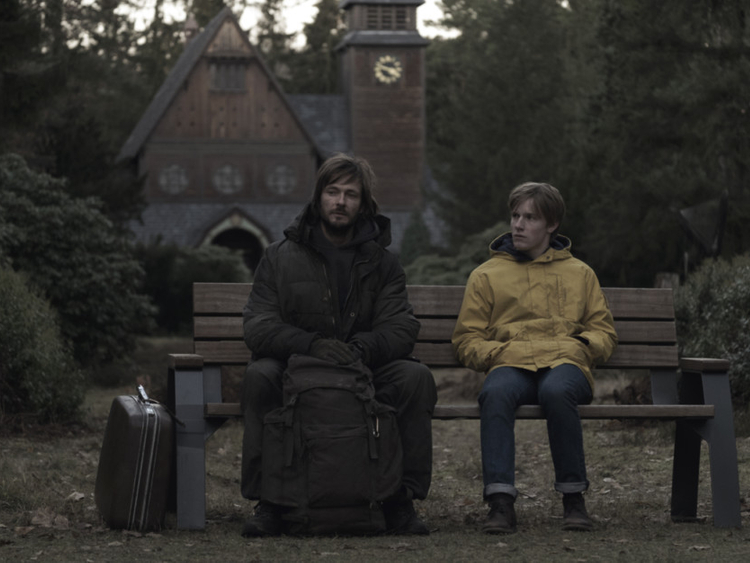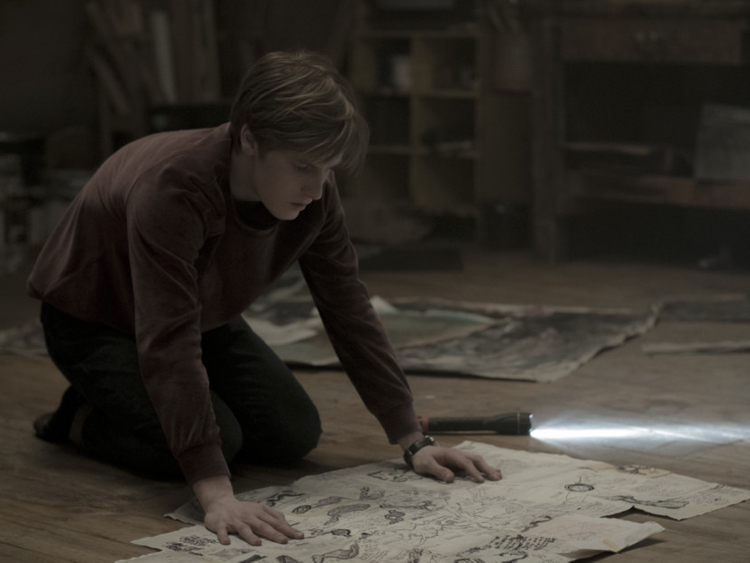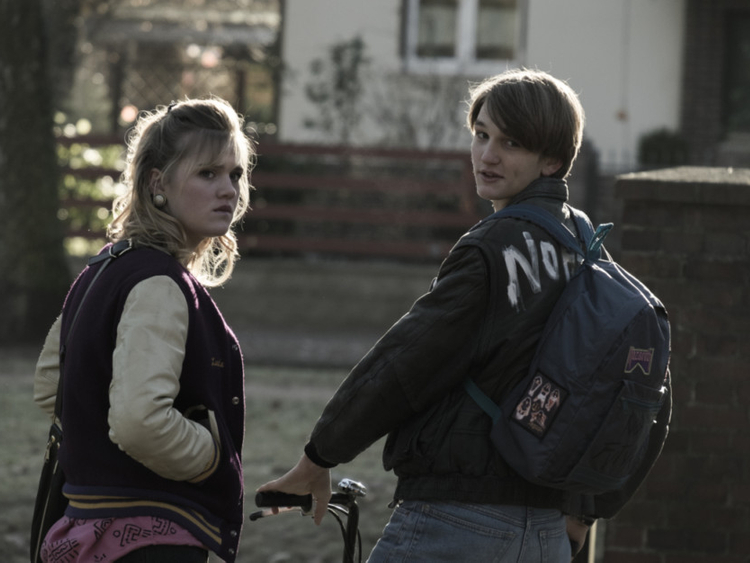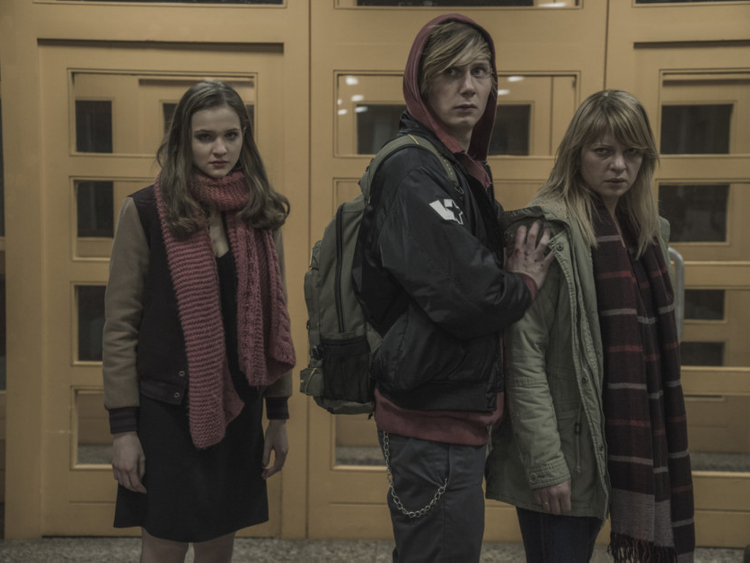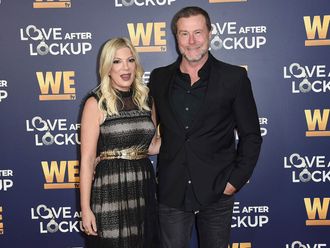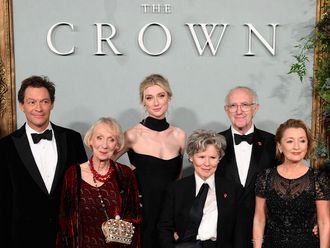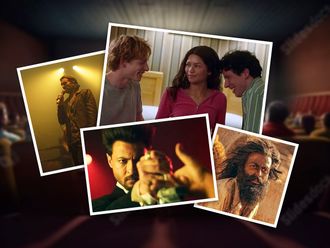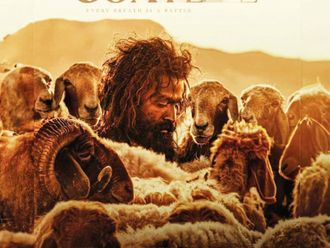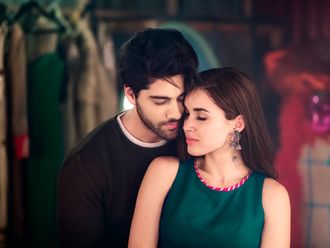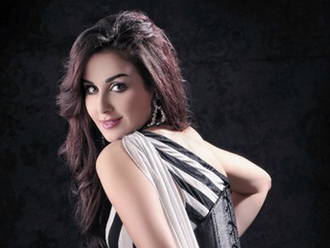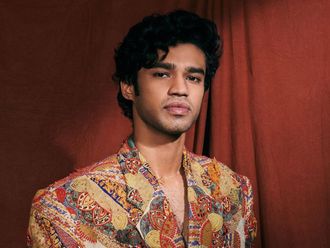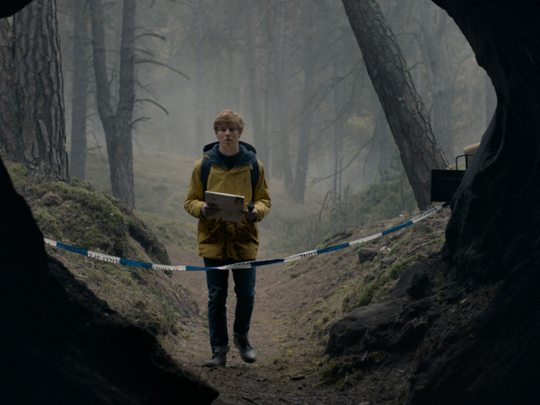
At first glance, Dark, Netflix’s first original German-language series, might seem familiar to fans of the streaming service’s other recent hits. The show centres on a small town plagued by strange goings-on at a nearby power facility. It also features an expansive cast of largely young actors, a time-warped structure and cryptic scenes of a teenager imprisoned in a brightly lit room. But its creators, director Baran bo Odar and writer Jantje Friese, are quick to point out that Dark isn’t a blend of Netflix’s Stranger Things and The OA. For one, the show’s episodes were written before those programmes were released and lean more toward science fiction than horror. They also point out that its understated sensibility makes it a uniquely German contribution to the rapidly expanding world of premium television. “I don’t know if it’s German angst, but there is something uniquely creepy about Germans, at least from the outside perspective,” Friese said. “We are definitely delivering on that.” Denmark, France and Norway have drawn acclaim for their contributions to the new golden age of television, but few ambitious fictional series have come out of Germany. That began to change in 2015, when Deutschland 83, a spy drama, became the first German-language show to be broadcast on an American network. Now, with Dark and the recent premiere of Babylon Berlin, an expensive historical series that has been sold to 60 international markets and will stream on Netflix in the US starting in January, German television appears to be entering a new era. “All of the sudden there is an interest from the international audience,” Odar said, “that, ‘Oh, the Germans can do something more interesting than what they could do for many years’.” Odar and Friese, long-time collaborators who have been a couple for 15 years, were first approached by Netflix in 2015 about turning their hit Who Am I, a hacker film, into a series. The streaming service had been hunting for ideas for a German original series as part of its international expansion. “We saw things that were more conventional cop shows or traditional storytelling,” Erik Barmack, Netflix’s vice-president for international originals said by phone from Los Angeles. “Then they sat down and pitched this thing that was multigenerational, that involved time travel and a supernatural component, and all these things drew us in.” Dark takes place in the fictional town of Winden (a play on the German word for “twists”), whose forested surroundings are dominated by the cooling towers of a nuclear power plant. Its characters include Jonas Kahnwald (Louis Hofmann), a gloomy teenager still reeling from his father’s suicide; Ulrich Nielsen (Oliver Masucci), a headstrong police officer having an affair with Jonas’ mother; and Nielsen’s wife, Katharina (Jordis Triebel), who works at the local school. When a young boy disappears and a body is found in the woods, the resulting mystery seems to point to the nuclear plant. Odar, 39, and Friese, 40, were inspired by their childhoods in small German towns during the Chernobyl nuclear disaster in Ukraine, when the release of radioactive materials over Europe in 1986 spurred widespread fears of contamination. “It’s a very German, or European, feeling that Americans don’t get because they never had fallout like that,” Odar said. “My mom told me, ‘You can’t play outside anymore, especially if it’s raining, it will kill you’, or, ‘You can’t buy sweets in that store because it’s radioactive’.” The event contributed to widespread suspicion of nuclear power in the country, culminating in Germany’s 2011 decision to phase out its nuclear reactors. Dark is the latest original series Netflix has developed outside the US; others have come out of Mexico, France, Spain, Brazil and Italy. The goal, Barmack explained, is to tap into new international audiences while also appealing to US Netflix viewers. With a population of about 83 million and Europe’s largest economy, Germany represents a particularly enticing market. Its staid TV landscape also offers an opportunity for a show such as Dark to stand out. “In Germany, I think it’s fair to say television has been a bit more conservative,” Barmack said. In recent years, there has been some hand-wringing in the German news media about the quality of television series. Unlike in Scandinavian countries, in Germany television channels have largely been inured from the pressure to engage in international coproductions or appeal to foreign viewers. Broadcasting here is dominated by a network of public channels generously financed by fees levied on households. Lothar Mikos, a professor of television studies at Film University Babelsberg near Berlin, explained in a phone interview that this has made executives fearful of alienating taxpayers or conservative viewers, often resulting in programmes aimed at “the lowest common denominator.” Before it went off the air in 2014, one of the most notorious examples was Wetten, Dass..? a long-running blend of talk- and game-show with an emphasis on ridiculous stunts. In one segment, actor Gerard Butler was made to watch while a man tried (successfully) to crush 50 walnuts with his rear end in one minute. The rest of the lineup has long been heavy on political talk shows, middlebrow police dramas and second-rate TV movies. “Germany has noticed that, when it comes to TV series, other countries are more advanced,” Mikos said. “Now people are trying to catch up.” Odar and Friese are aware that German television doesn’t have a sexiest reputation. “I think the perspective from outside is that we have very talented people working here, but what we’ve been lacking is innovation,” Friese said. They note that Dark is a departure, not only because of its complex structure, but because it is a blend of two genres: crime and science fiction. “The problem is that Germans aren’t really big with suspension of disbelief,” Friese said. “We have to break this realism wall to create more innovative content.” They are hopeful that with Babylon Berlin and other recent offerings, international viewers will be more open to German programs. Netflix, for one, is already filming its second German series, Dogs of Berlin, a crime show set in the capital. “We were uncool for a very long time,” Odar said. “But I think it’s changing.”
Don’t miss it!
Dark is currently streaming on Netflix.



